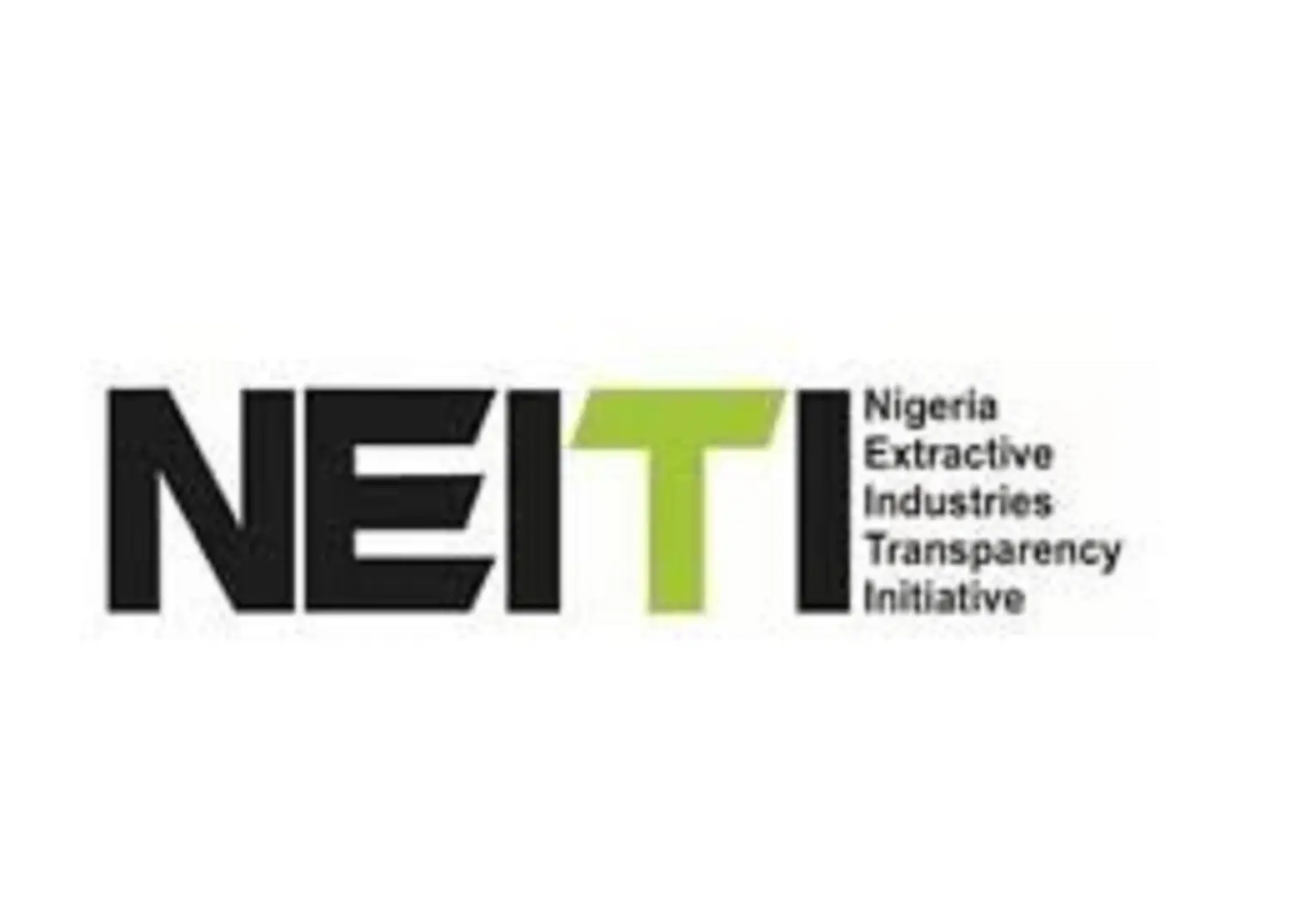
NEITI SEEKS COLLABORATIONS TO GROW NIGERIA’S MINING SECTOR
With more than 40 commercially viable solid minerals distributed around the nation, the Nigeria Extractive Industries Transparency Initiative (NEITI) has urged stakeholders to take more action to enhance the industry’s GDP contribution.
During the 2024 Multi-Stakeholder Roundtable in Abuja, Dr. Orji Ogbonnaya Orji, the Executive Secretary of NEITI, stated that the country’s GDP is now contributed by the solid minerals sector at a rate of less than one percent.
The roundtable, which was organized by Global Rights in collaboration with the Ministry of Solid Minerals and NEITI, had the theme: Enhancing Inclusiveness: An Imperative for Promoting Transparency, Accountability, and Development in Nigeria’s Extractive Industry.
Dr. Orji explained that while NEITI’s audit reports on the sector have shown improvement in the past few years, the sector is still largely underperforming.
According to him, from NEITI’s last report, “the contribution of the solid minerals sector to our GDP is still far less than one percent, 0.63 percent as at 2021. So over these years, solid minerals do not contribute up to one percent of our GDP. This has remained embarrassing given the enormous potential we have in the sector.”
He pointed out that, given the environmental impact of the operations of the industry, the low participation of women remained a major concern.
“For Nigeria and the global Extractive Industries Transparency Initiative, fiscal justice requires developing new standards that would mandatorily require emphasis on placing fiscal justice and gender inclusion in decision making as an important areas of policy reform through public disclosure of data that identifies specific social, economic, cultural, environmental challenges women and children face in oil, gas and mining host communities and environments.
“For instance, the latest independent industry audit report conducted by NEITI in the oil, gas and mining sector disclosed that employment opportunities for women in the industry in Nigeria are currently too low from global average. From the Report, 56 out of 70 companies covered had a total of 19,171 employees. 15,639 (82%) were men, while 3,532 (18%) of the employees were women. Similarly, out of 2,325 top or high-level positions, women representation was less than 100.”
Speaking, the Executive Director, Global Rights, Abiodun Baiyewu, expressed worry that 80 percent of the sector (particularly artisanal mining) remains unregulated.
“We live with the environmental and socio-economic consequences of lax oversight, and worse still, our children will pay for them, while these minerals pave the path to economic greatness for the countries to which they are illegally ferried. Mining host communities inordinately bear the burden of the resource curse with seemingly little or no benefits from the wealth that is harnessed from their vicinity,” she added.
![]()
